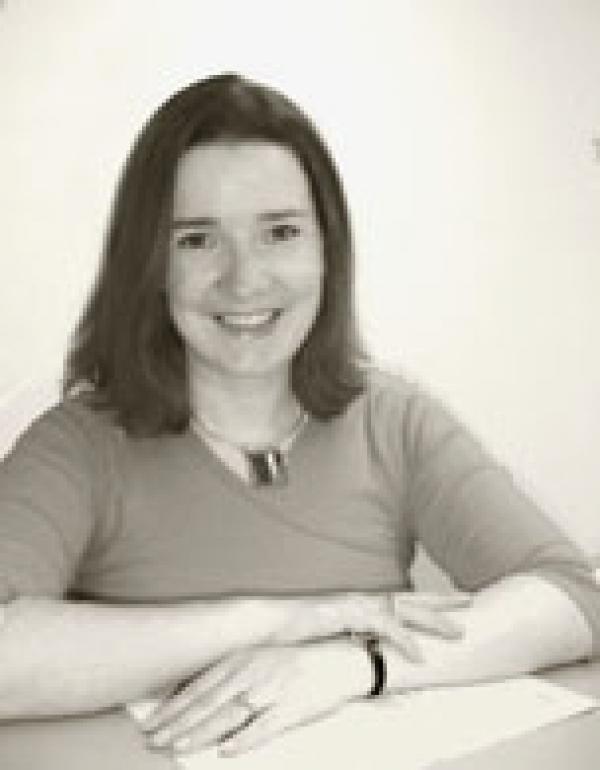Catriona MacLeod studied at the University of Glasgow, Scotland (M.A.) and at Harvard (Ph.D.). Her research, which focuses on late eighteenth-century and nineteenth-century literature and culture, has the following emphases: gender studies, in particular literary and aesthetic figurations of androgyny; the intersections between high art and popular culture in Weimar Classicism; the relationship between verbal and visual arts. She has published on figures such as Winckelmann, Goethe, Bertuch, Kleist, Brentano, and Stifter. The author ofEmbodying Ambiguity: Androgyny and Aesthetics from Winckelmann to Keller, MacLeod her most recent book project, Fugitive Objects: Literature and Sculpture in the German Nineteenth Century, is appearing this year with Northwestern U P. Other recent publications include articles on Sacher-Masoch and the tableau vivant and on porcelain sculpture and miniaturization in the late eighteenth century. Among her other current projects are articles on women silhouettists, and on self-reflexivity in Nazi cinema (with Simon Richter), as well as a study of Clemens Brentano and the visual arts.
Secretary of the International Association of Word and Image Studies, MacLeod is the co-editor of two volumes in the area of interarts scholarship: Elective Affinities: Testing Word and Image Relationships (Amsterdam: Rodopi, 2009) and Efficacité/Efficacy: How to Do Things with Words and Images? (Amsterdam: Rodopi, 2011). Since 2011, she has been senior editor of the journal Word & Image.
Macleod is the 2011 recipient of the Ira H. Abrams Memorial Award for Distinguished Teaching in the School of Arts and Sciences.
Goethe, 19th-century literature, inter-arts, gender studies
Germanic Languages and Literatures

